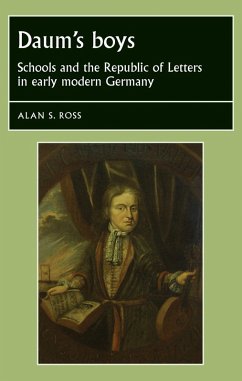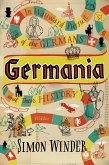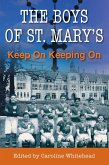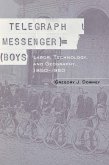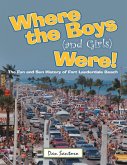This highly original book is the first in-depth study of a footsoldier of the seventeenth-century German Republic of Letters. Its subject, the polymath and schoolteacher Christian Daum, is today completely forgotten, yet left behind one of the largest private archives of any early modern European scholar. On the basis of this unique source, this book portrays schools as focal points of a whole world of Lutheran learning outside of universities and courts, as places not just of education but of intense scholarship, and examines their significance for German culture. Multi-confessional Germany was different from Catholic France and Protestant England in that its network of small cities fostered educational and cultural competition and made possible a much larger and socially open Republic. This book allows us for the first time to understand how the Republic of Letters was constructed from below and how it was possible for individuals from relatively humble backgrounds and occupations to be at the centre of European intellectual life. This book is aimed at other specialists as well as postgraduate students in the fields of cultural and social history, and can also serve as an introduction to recent European literature on early modern scholarship for undergraduate students.
Dieser Download kann aus rechtlichen Gründen nur mit Rechnungsadresse in A, D ausgeliefert werden.

